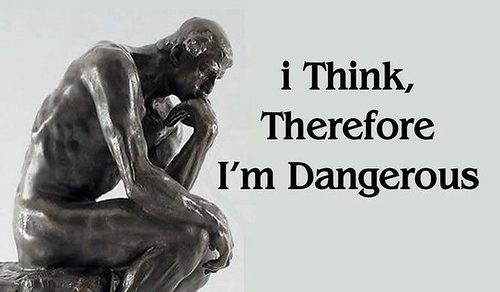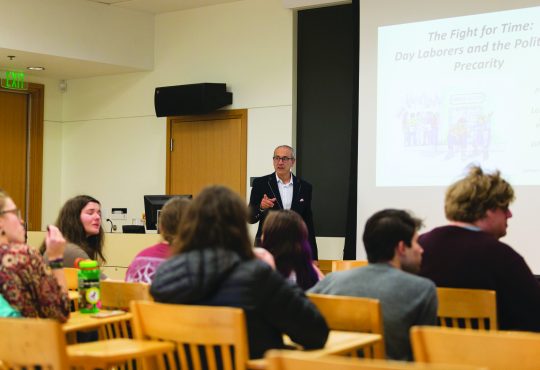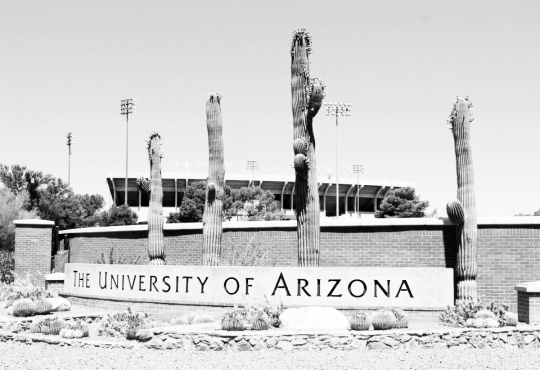To read a response to this letter from J Street U Northwest Regional Co-Chair, click here.
To the Trail:
On Tuesday, September 23, 2014, several campus organizations, including J Street U and Hillel, held a “Vigil for Gaza.”
The poster advertising the event suggested that people bring a prayer, poem, or other text to read.
No problem there. The poster continued with a reminder that “this is a space that is safe for all political ideologies.”
It is this sentiment that prompts this response, as it is a sentiment that is fit neither for members of a democratic community nor for students of a liberal arts college.
Holding a “Vigil for Gaza” is an inherently political action, and all political actions are about contestation.
To call such an event a safe space is to betray that which we try to achieve at this institution.
College should be a transformative, unsettling place where one’s beliefs are challenged and where students are encouraged to confront their own ideas head-on.
Yes, of course we need “safe spaces” to do that, but only in the sense that one should not expect to be physically assaulted for expressing ideas.
How can one confront the situation between the Israelis and the Palestinians in a way that respects all political ideologies?
A Palestinian activist should be free to call the Israelis genocidal neo-colonialists; an Israeli supporter should be free to blame Hamas for the deaths and suffering of the Gazans.
Such opinions do not create a safe space for all political ideologies, but neither are they slurs.
Rather they are different interpretations of the truth.
But even if they were simply insults such speech must still be protected, for the authority that can determine which are acceptable and which are not holds too much power.
Do we want our deans or Student Life staff or even our professors deciding which speech is allowable and which must be eliminated?
Free speech has been given short shrift on this campus lately in an effort to protect feelings and promote “safe spaces.”
But, in our efforts to protect those around us from emotional harm, we must necessarily mute the hurly-burly of true academic discourse and intellectual growth.
Doing so requires us define the concept of “harm” down to include harm from being challenged, harm from being discomfited, and harm from being forced to confront that with which we do not agree.
Doing that is the death of learning, the death of growth, and the death of the university.
I routinely tell my students that the university should be a dangerous place; a place where theses are confronted by the strongest antitheses that the opposition can muster.
As John Stuart Mill wrote in On Liberty, “the cessation, on one question after another, of serious controversy is one of the necessary incidents of the consolidation of opinion—a consolidation as salutary in the case of true opinions as it dangerous and noxious when the opinions are erroneous.”
Unfortunately, it is exceedingly difficult to know which opinions are true.
And that is the purpose of a liberal arts education—to seek the truth without believing that one knows the truth.
And that requires that we speak to each other freely, openly, and occasionally uncomfortably.
Sincerely,
Seth Weinberger
Associate Professor
Department of Politics & Government
To see a response to this letter, click here: http://wp.me/p12LuS-2P7






